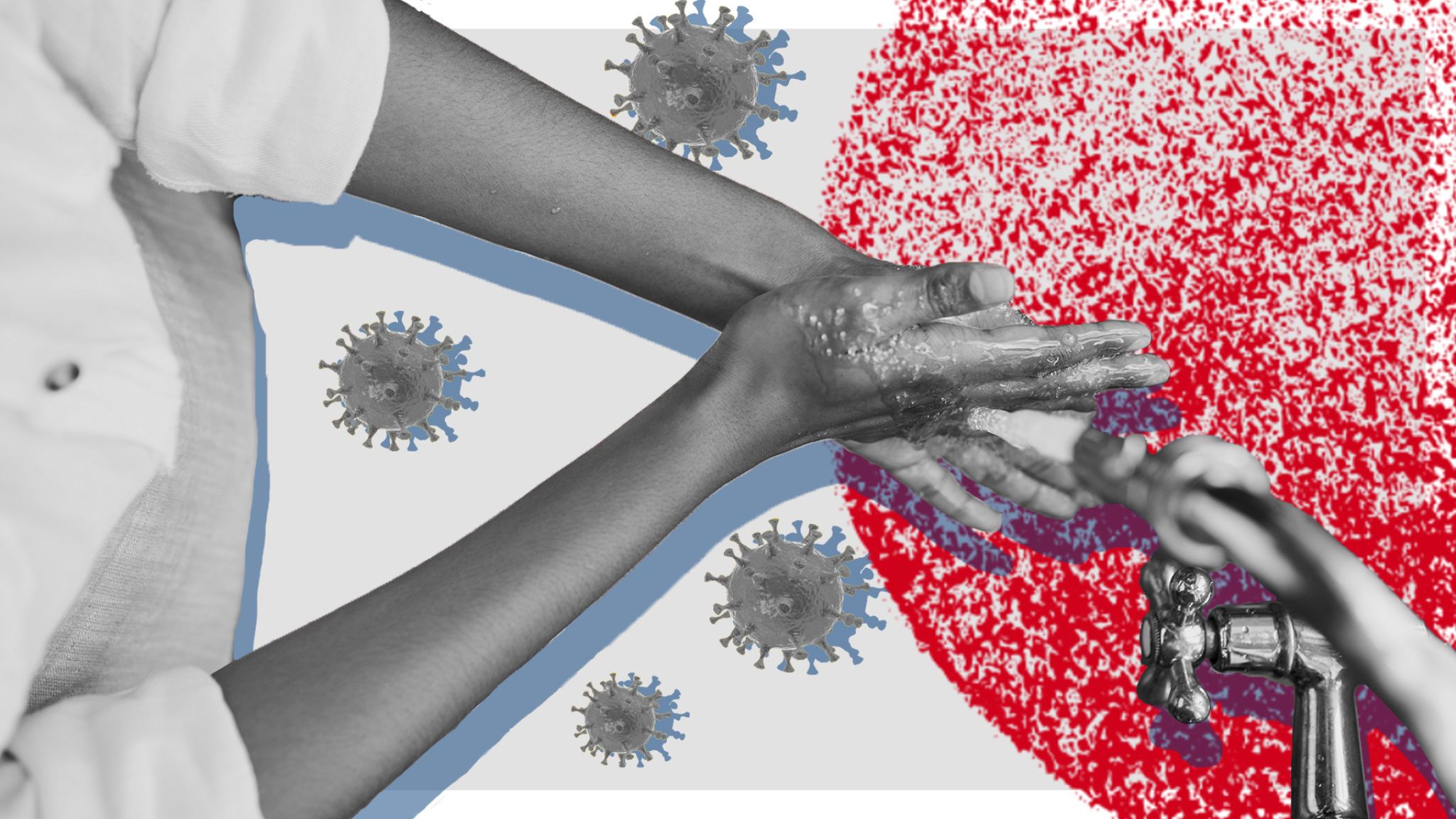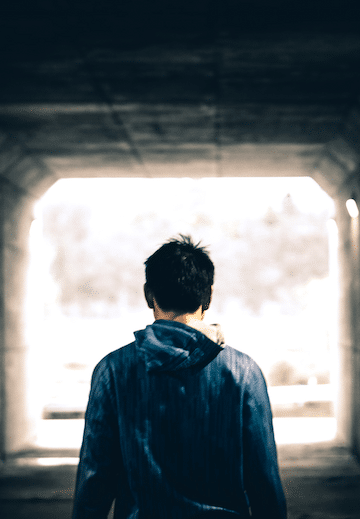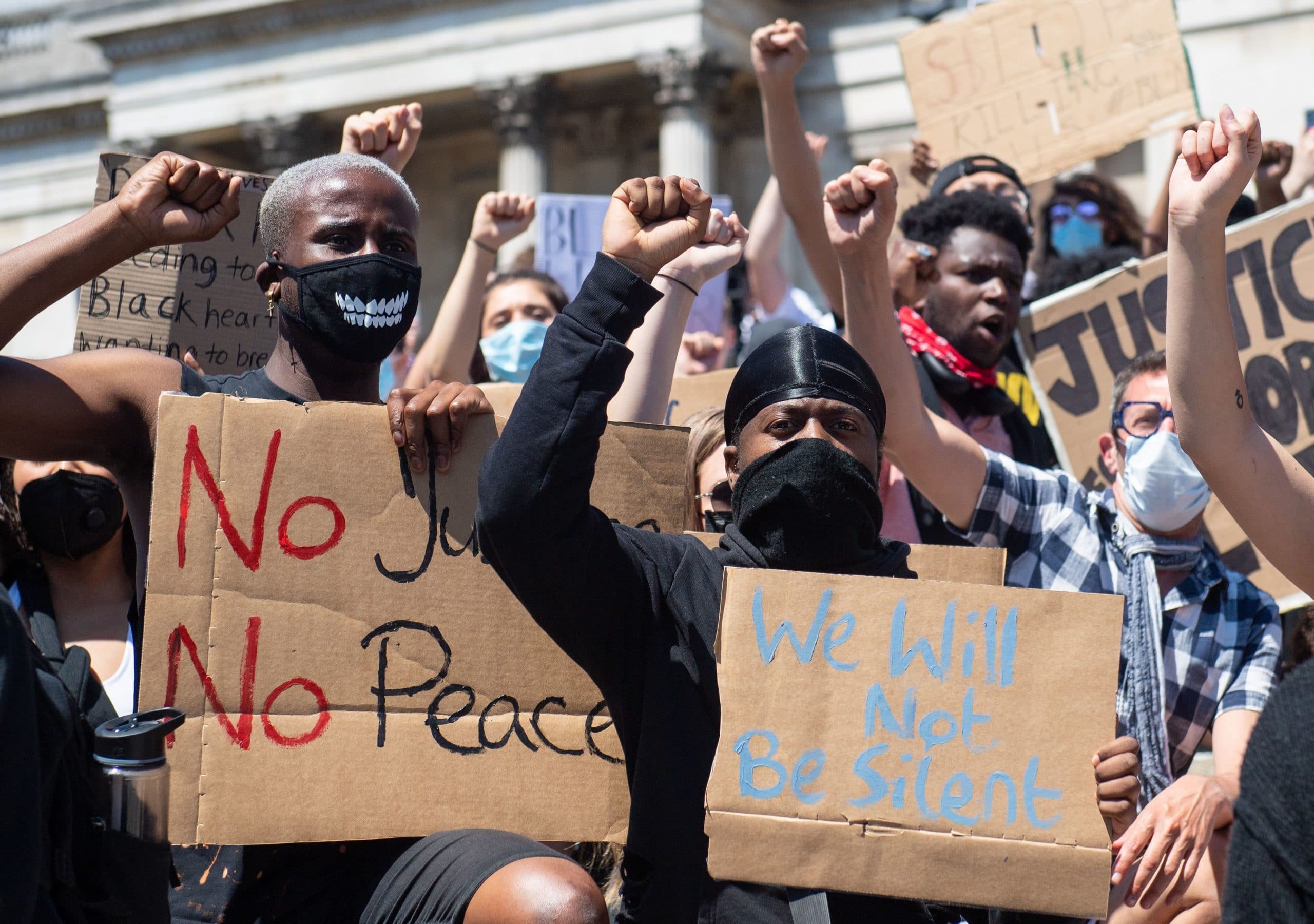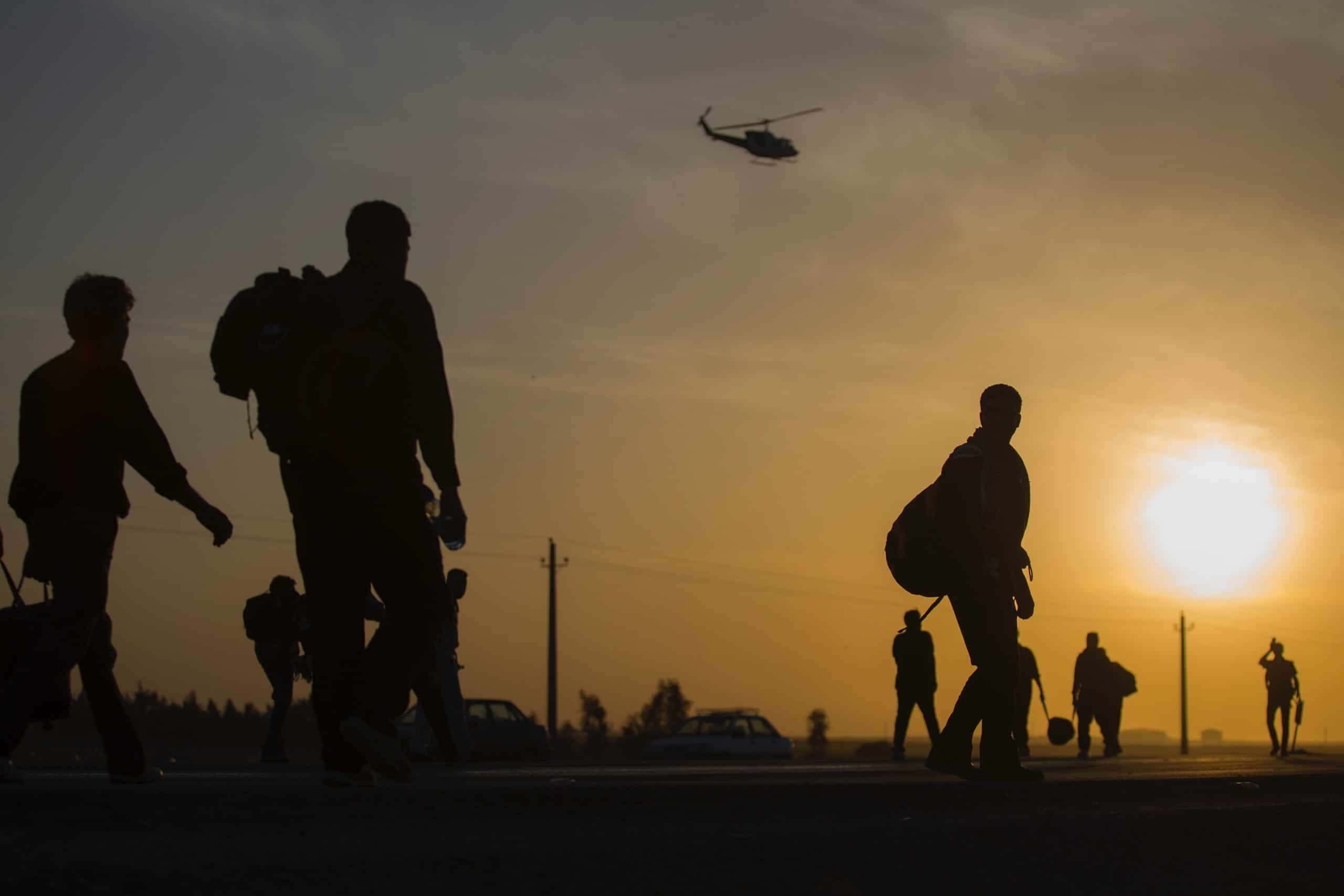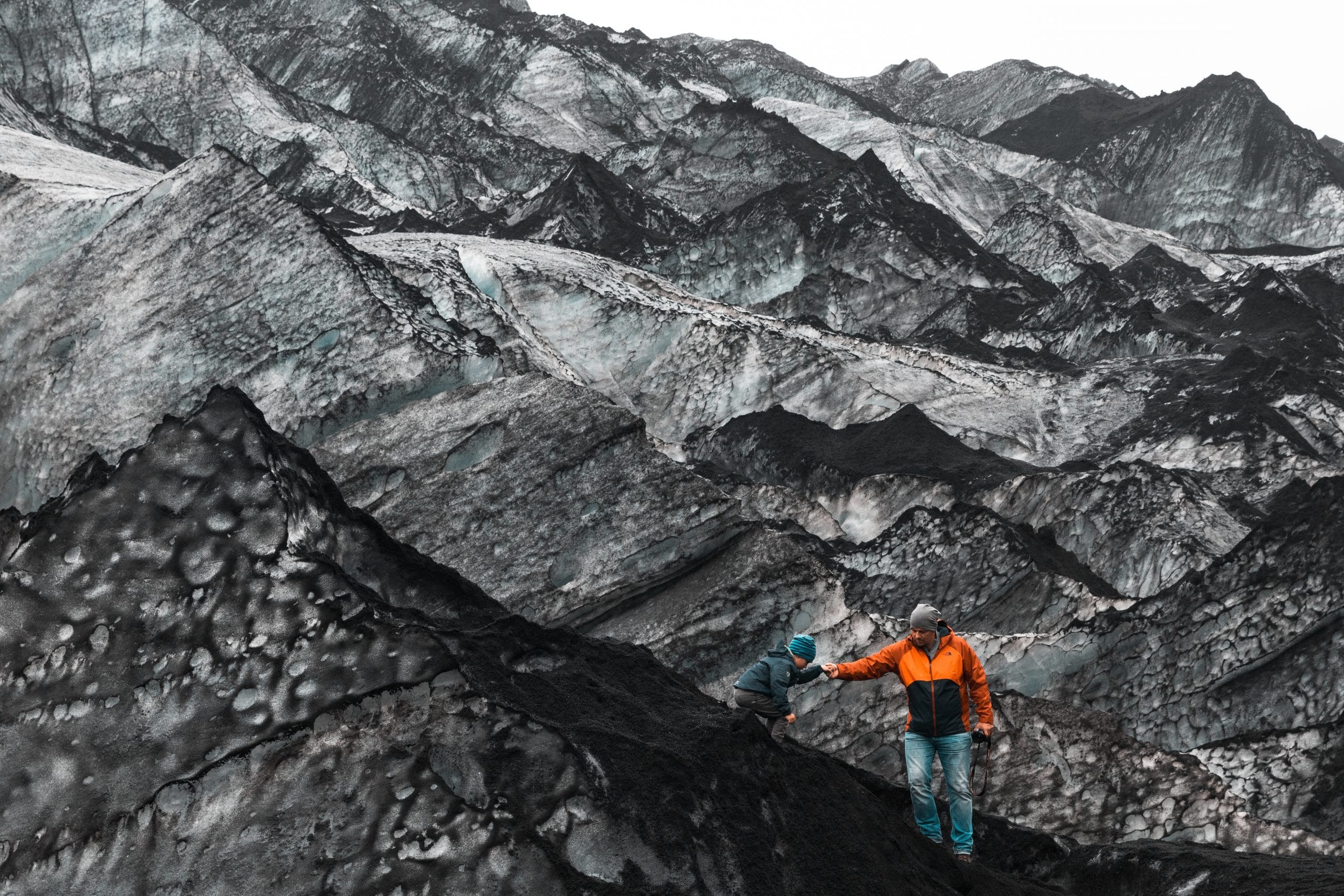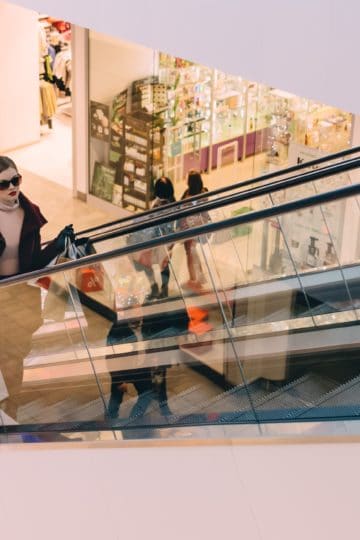Tips and Tactics for getting through the COVID-19 crisis
Kevin Godlington
Kevin Godlington, an ex-special forces soldier who worked during the Ebola emergency in Sierra Leone, gives his guidance on the COVID-19 crisis. The first in a new series to provide help and reassurance.
The first part of dealing with this epidemic, is acceptance not denial.
I know the U.K.’s current COVID-19 policy is worrisome. I understand we are doing things differently to the rest of Europe, the world and maybe even the USA. I understand we want to see more action, and to be told what to do, to be led. I also understand our approach my seem less reactive, and less enforced. Yesterday’s increase in response includes enhanced social distancing and avoidance. NOT forced closures of bars, shops and restaurants, BUT avoidance. This leads to further public disarray and confusion, as France, Germany, Holland, Spain and Italy are still in legally enforced lock down, and many US states are following suit, deploying the national guard and police to enforce robustly breech of curfew and airports and borders shut. So why are we so relaxed here in the UK? why do we take a more laissez faire attitude? Partly it’s simply because we are British, and we have spent centuries as a small island under duress, strife and attack, and as a result we always prefer to take a reflective look at the data and science before making taking draconian enforcement action. This is almost our ‘Dunkirk phase’.
The fact is, we need to wait a little longer and keep calm. Information is power, and the data is king! Whilst we will enter an exponential growth curve of COVID-19, because that is how it works – it’s going to happen -we cannot socially distance ourselves out of this, so the first part of getting on and coping with a diagnosis, or bad news, is acceptance! Not denial. First we accept the consequences, then we react with a damage mitigation plan.
So many countries, people and governments are in such denial. Two weeks of isolation is not going to fix this alone; it helps, but won’t stop it. COVID-19 is going to be everywhere very soon. Numbers will double every 3-5 days as the curves rises to its peak. This cannot be stopped.
So my aim is not to pretend to you this won’t happen, that large numbers of our society will not become contacted – because they will – but to give you good solid self-isolation help and guidance to get through this with your family and assist you in doing your civic and community service by keeping yourself away from others. This breathing space as we all know, keeps our precious NHS resources available for those that most need it most, and protects the vulnerable in society by giving them a chance to get through to the summer and the possibility of emergency vaccines being deployed.
We have the very best virologists and epidemic modelling in the world – honestly, it’s true. I’ve seen the quality of our British humans bring Ebola to its knees in Africa. It was our models and scientists that predicted the outcomes, to an almost pinpoint degree, allowing the CDC, WHO and British and US military to outsmart the disease. Have faith in our people. Enough with the negative whining and social media posts, stand up and be robust, lets fight this together as one nation. Give them a little more time, they are still deep in the model. This is not nonchalance and ignorance, this is about round-the-clock boffins, some of the smartest people on the planet, looking for patterns in the data.
Sometimes the truth hurts and isn’t what we want to hear, sometimes closing stuff forcefully and being seen to be proactive, in knee-jerk fashion, might be the wrong thing to do! Maybe the facts are this won’t go away, and the curve can’t be flattened.
There are lots of people who think they know better, too many in fact. If all these people were that knowledgeable, they would be sat in COBRA right now. Ignore anything that isn’t reported by the government.
Tips and Tactics in the battle of Corona:
1. Distancing and separation of our ‘elderly and sick herd’ and MAKING them do it
This includes quarantine of the very old, and those with pre-diagnosed, underlying health conditions, affecting their heart, lungs, or diabetes. The list can be found on the NHS website. These people are much more likely to die, and we have to accept many will. This period of quarantine should be for a long period, the government says 12 weeks. Prepare for up to 16 weeks. Certainly not 2 like Europe – this means making a list now of people you know, who you could help, between you and your friends, neighbours and family. Go see them, tell them, and put visitation and supply replenishment visits together for them. Old people by their nature are stubborn and resilient, with many growing up as war babies. Most won’t listen to you and will insist on business as usual. You need to talk to them and make those with health issues understand, this is what’s best for them. Be robust.
2. Touching, hugging and kissing, and 2m rule
Picking my kids up after a cross country event this week, it amazed me how many dads shook hands, and mums still hugged, forgetting the distancing measures we have been clearly asked to do. It’s this slack behaviour and lack of discipline that makes humans so susceptible to viral spreading. Stop it! Take the lead, stand back, put your hand up and say, “No, sorry, I’m doing my bit and following the rules.” Being a solid focused citizen, and following your patriotic duty to do this is as directed is important. It’s this attitude that will help us expedite this virus.
3. Don’t stockpile consumables, spread your purchases across all supermarkets and small local shops
Remember the rationing WW2 spirit! you don’t need to worry about running out, don’t panic buy, the UK has amongst the best supply chains for food and consumables in the world, and the government has this in check. Instead make lists for menu planning for up to 12-16 weeks. Put into an Excel sheet all your needs, food, consumables and items to run your family. Remember treats! Then plan you weekly shopping online, spread your orders each week across all the supermarkets to limit demand at any one of them, and try and where safe, use local shops and support your community. Ensure you practice 2m distancing when out and about.
4. Don’t use cash when shopping. Pay by contactless card
Self explanatory.
5. If you do have to hang out with virus riddled folks – don’t be embarrassed to mask up and pop on sun glasses.
Wearing a face mask is certainly not an iron-clad guarantee that you won’t get sick – viruses can also transmit through the eyes and tiny viral particles, known as aerosols, can penetrate masks. However, masks and Oakleys are effective at capturing droplets, which is a main transmission route of coronavirus, and some studies have estimated a roughly five fold protection versus no barrier alone (although others have found lower levels of effectiveness). If you are likely to be in close contact with someone infected, a mask cuts the chance of the disease being passed on. If you’re showing symptoms of coronavirus, or have been diagnosed, wearing a mask can also protect others. So masks are crucial for health and social care workers looking after patients and are also recommended for family members who need to care for someone who is ill – ideally both the patient and carer should have a mask. However, masks will probably make little difference if you’re just walking around town so there is no need to bulk-buy a huge supply, unless you want to look awesome.
Ok, so more tips coming next week, however, in any event science will prevail and a vaccine will be quickly developed and will be in your flu jab likely next year. Let’s get through this together by staying calm and do as the scientists ask.
It’ll be ok.
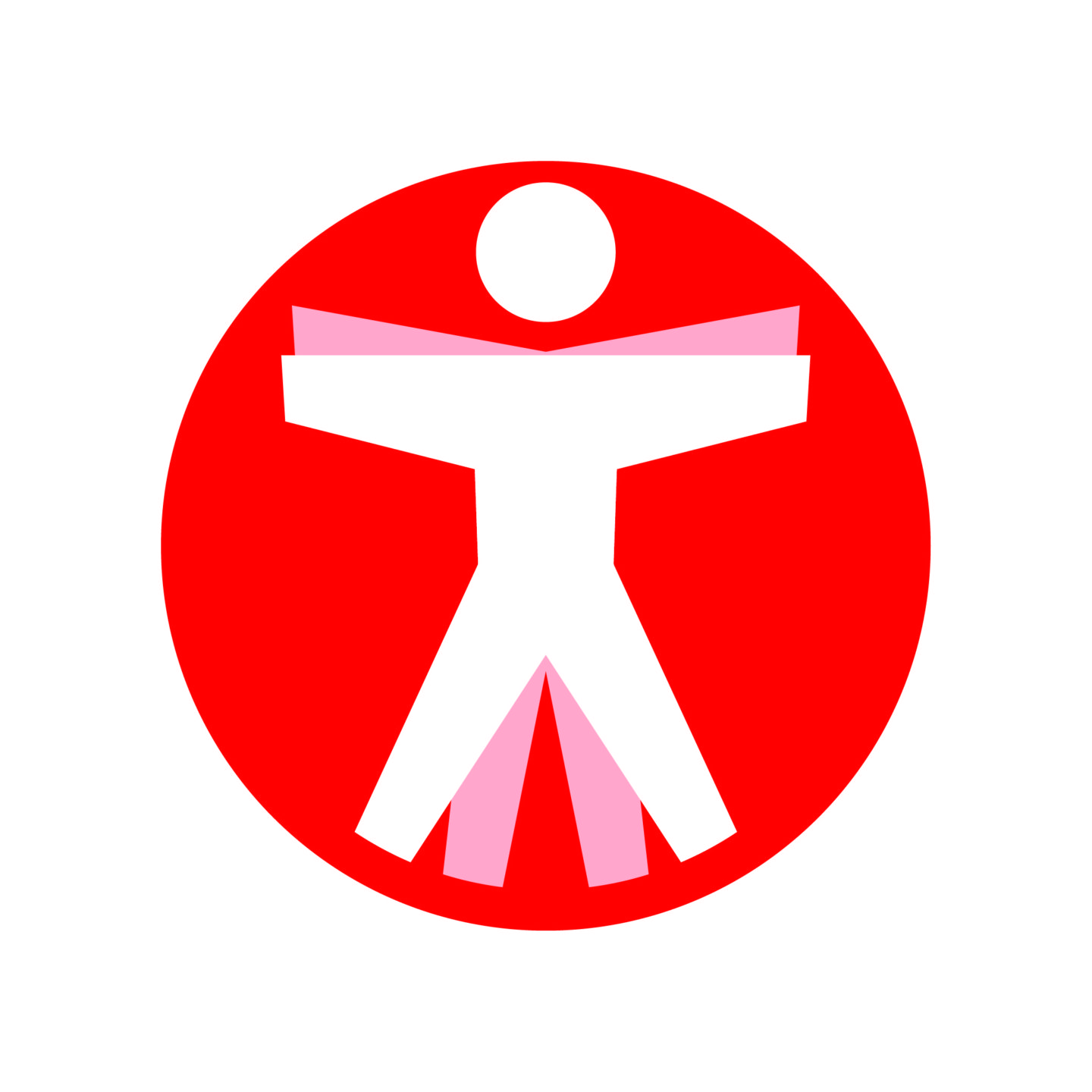
Sign up to our Shut-in Bulletin
Join our newsletter community for the latest news, advice and entertainment to help you through the crisis.

Join The Book of Man
Sign up to our daily newsletters to join the frontline of the revolution in masculinity.




